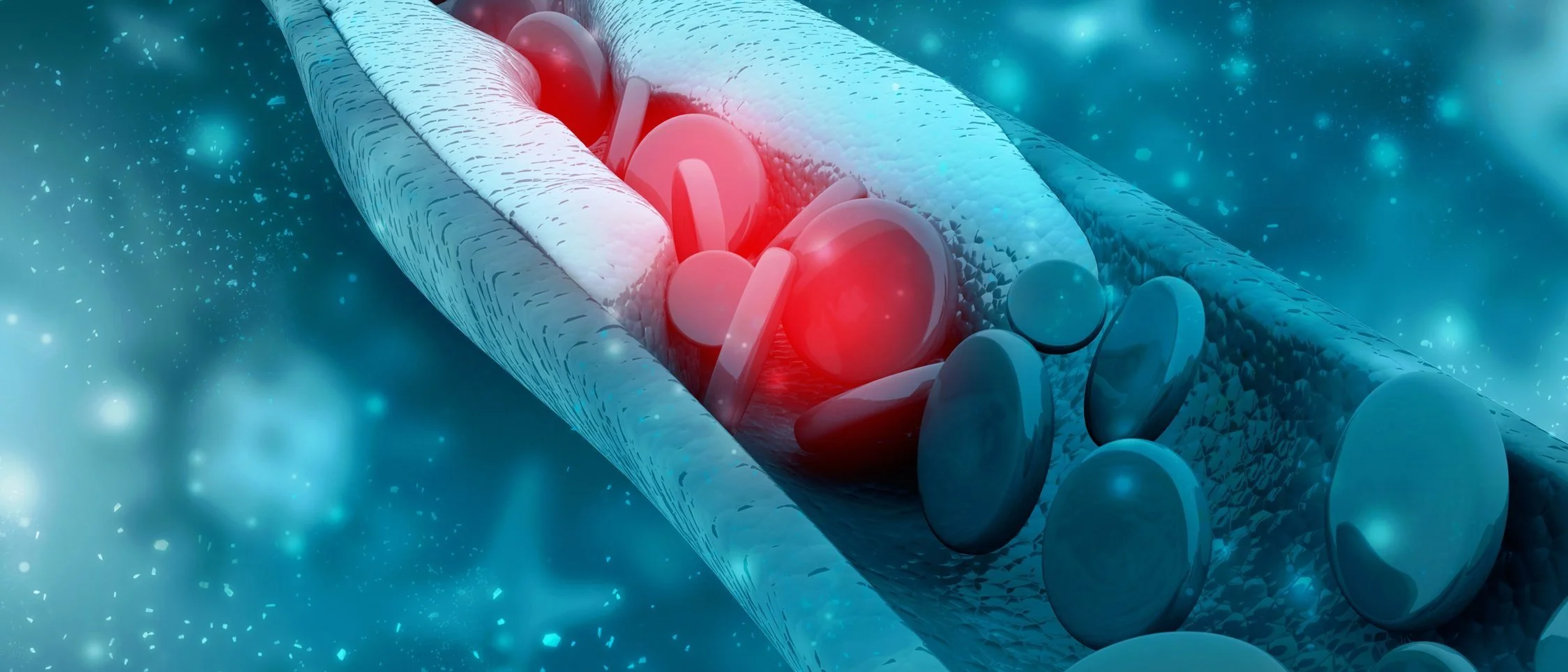Take Care of Your Cholesterol
Here are a few tips to help you manage your cholesterol:
Know Your Numbers
It is vital to get your cholesterol checked and understand your cholesterol goal. Having high blood cholesterol is a risk factor for heart disease, the leading cause of death in the US. Talk to your health care provider about whether your numbers are higher than advised and
if you need to take steps to manage your cholesterol.
Eat A Healthy Diet
Eat a well-balanced diet rich in vegetables, fruits, whole grains, beans, legumes, nuts, plant-based proteins, and lean animal proteins. Avoid processed foods and limit foods highin sugar. Focus on eating foods rich in Omega 3 fatty acids and soluble fiber.
Get Moving
Make exercise a part of your routine. Aim for 150 minutes of aerobic exercise each week and two days of strength training. Being active can help increase good cholesterol, which enables the body to remove bad cholesterol. Always talk to your provider first before starting a new workout routine.
Learn your Family History
Familial Hypercholesterolemia (FH) is a generic defect that leads to very high levels of bad cholesterol and makes a person resistant to traditional measures of normalizing cholesterol. 90% of the people with FH are undiagnosed. Inform your health care provider if you have a family history of early heart disease or heart attack.
Avoid Smoking
Smoking increases your cholesterol levels and damages your blood vessels. Going tobacco-free can help improve your cholesterol levels and reduce your risk for heart disease.
Stick to your Regimen
If you are on a cholesterol treatment regimen, it is crucial to take your medicine as prescribed. The most significant risk factor for cardiovascular events is non-adherence to medications. Contact your pharmacist or healthcare provider if you have any questions or concerns about your medication.
For more information, visit: Cholesterol | cdc.gov
The information provided is for educational purposes and should not be used during any medical emergency or for the diagnosis or treatment of any conditions. Consult with your medical provider for diagnosis and treatment of all medical conditions. Call 911 for medical emergencies.
